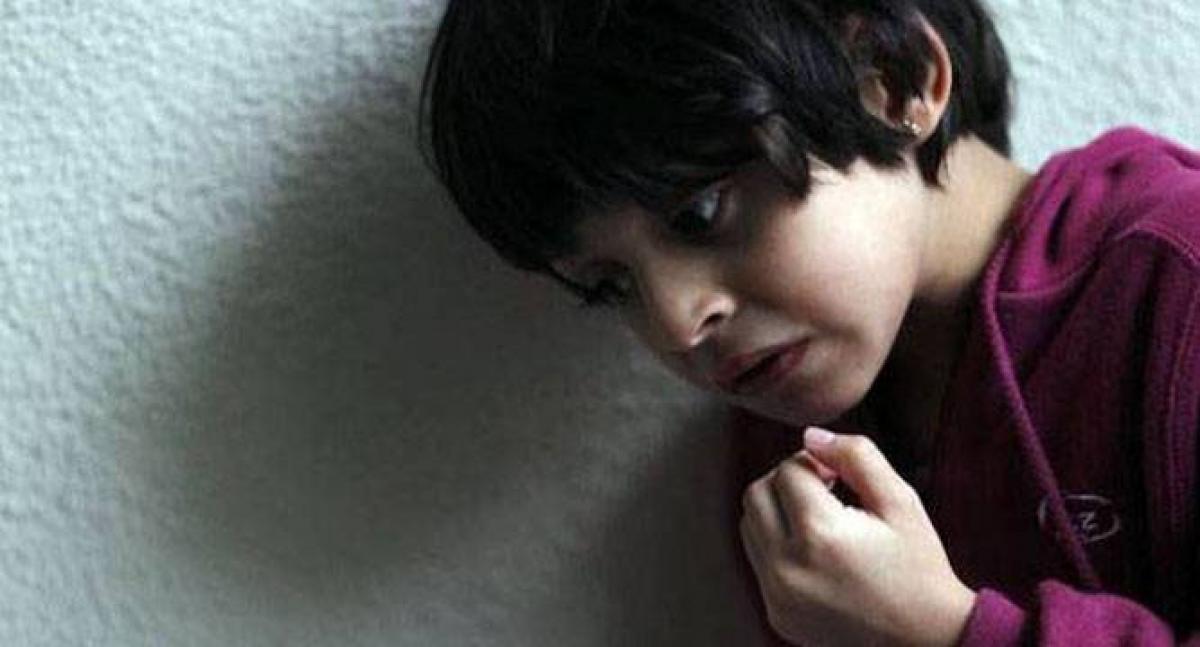Live
- Ensure success of Mathematic Talent exam
- Atchannaidu expresses concern over fall in tomato price
- Goshamahal Welfare Assn petition Collector seeking withdrawal of Osmania Hosp plans at stadium
- Indiramma Housing scheme 4L applications received in RR dist
- 3 Indian students killed in Canada; India takes up issue of safety with Ottawa
- Sana Satish Babu elected unanimously for RS
- ISRO moves Gaganyaan motor part to launch complex
- Karthika Deepotsavam at Tirumala tomorrow
- Switzerland suspends MFN status to India
- Take steps to prevent crimes against girls, officials told
Just In

x
Highlights
Scientists have successfully tested a new autism treatment programme in India and Pakistan that could help improve the lives of millions of autistic children in developing countries.
Scientists have successfully tested a new autism treatment programme in India and Pakistan that could help improve the lives of millions of autistic children in developing countries.

In a world first, scientists adapted a parent-led autism therapy which helped parents interact better with their autistic children after 12 weeks of the programme.
Clinical researchers from the Universities of Liverpool and Manchester in UK collaborated with colleagues in south Asia to adapt the therapy.
Successfully tested in India and Pakistan, the partnership aims to improve treatment for an estimated five million children in the region with the disorder.
Autism is one of the world's fastest growing developmental health challenges, with up to 70 million people affected, causing a severe effect on the social development of children.
In developed countries, children are able to receive specialist treatment to improve their interaction with their families, but in many lower income countries, this is not available.
Researchers adapted a leading UK therapy method known as PACT which helps parents interact better with their autistic child.
The resulting PASS (parent-mediated intervention for autism spectrum disorder in south Asia) programme was taught to non-specialist health workers in Rawalpindi in Pakistan and Goa in India who then worked with parents of the 65 autistic children who were recruited to the trial.
The PASS materials were all presented in the parents' first language and each period of treatment began with a session on the causes and misconceptions about the condition.
At the end of the 12 week period the children were assessed using recognised methods. The parents were shown to have learned from the intervention and the children were more likely to initiate communication with their parents.
"We've shown that these techniques can help children in the UK, but in south Asia, there are factors such as lack of resources, trained staff, language and cultural differences and poor access to medical centres which means that methods need to be adapted," said lead authors of the study, Atif Rahman from the University of Liverpool and Jonathan Green from The University of Manchester.
"This study is the first to have adapted a treatment so as to allow it to be delivered by non-specialist health workers in south Asian communities," they said.
"It has been outstandingly successful in showing that such adaptation is both possible and can produce changes that are equal or even better that we achieved in UK," they said.

Next Story
More Stories
ADVERTISEMENT
© 2024 Hyderabad Media House Limited/The Hans India. All rights reserved. Powered by hocalwire.com







